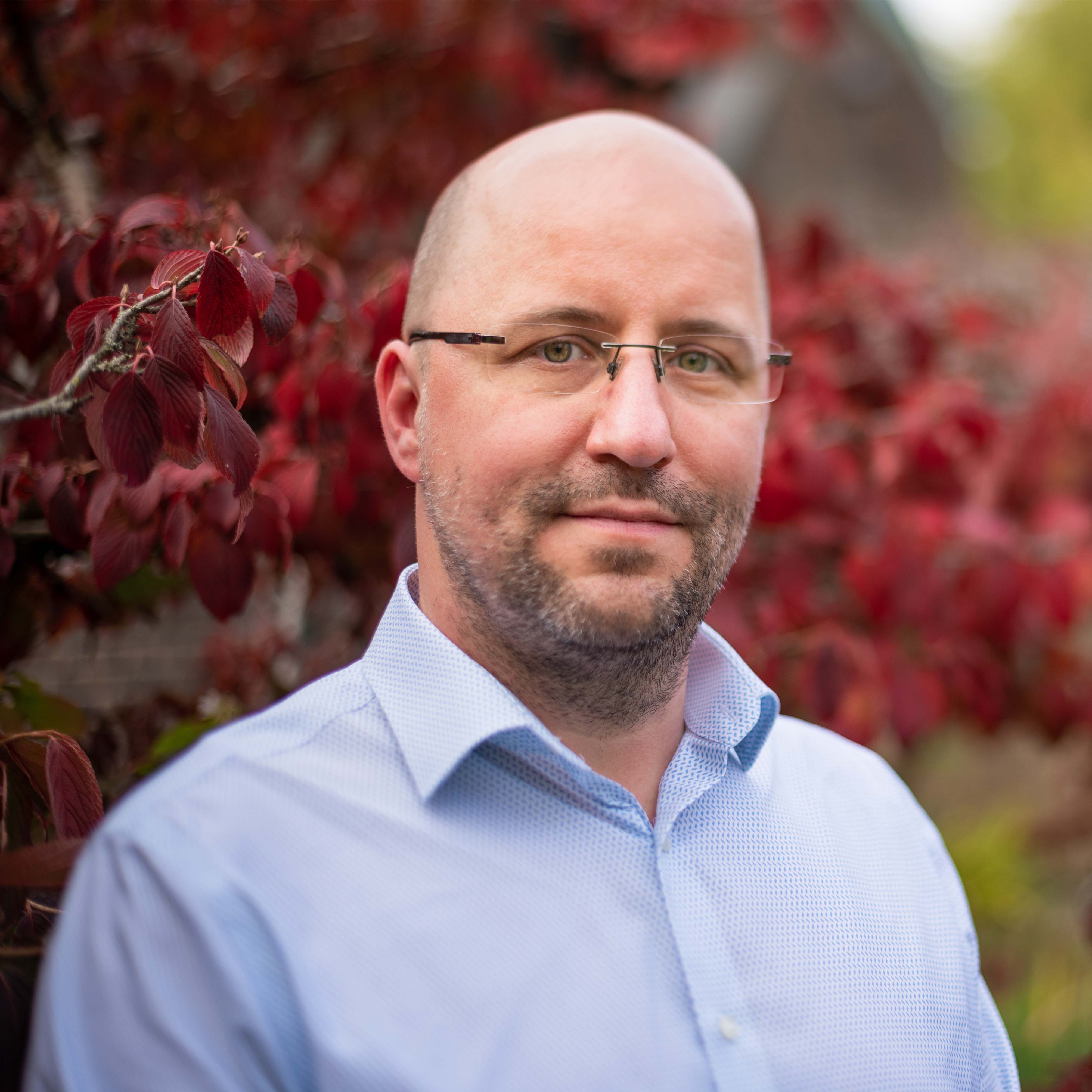Mental healthcare has been slower in its adoption of technology compared to physical healthcare. One reason for that is that much of the information relevant to the patients’ mental state and cognitive processes can only be observed in their language, and we have been lacking the tools for reliable and accurate automatic analysis of human language. Advances in artificial intelligence are changing that, and this talk will cover some of the work ieso have been doing to use natural language processing to gain new insights into how psychotherapy works. Analysing the exchanges that occur between patients and therapists we are able to determine the active ingredients of therapy, what works for most, and what works for some. We then use those insights to develop tools to support therapists in care delivery, and tools to help patients get a higher dose of therapy.


